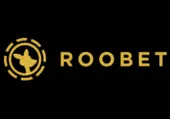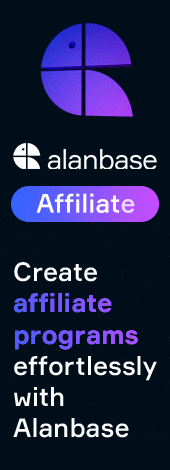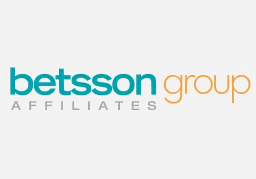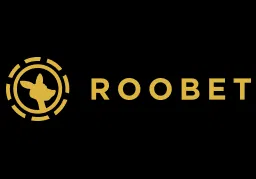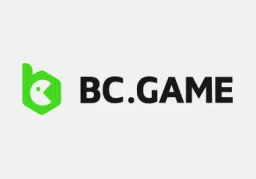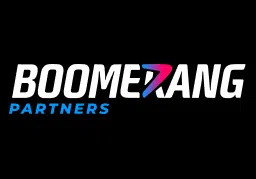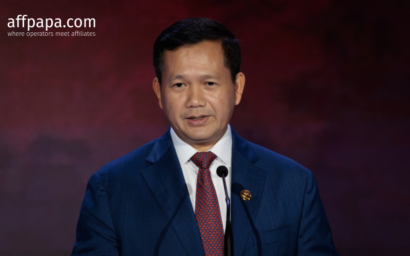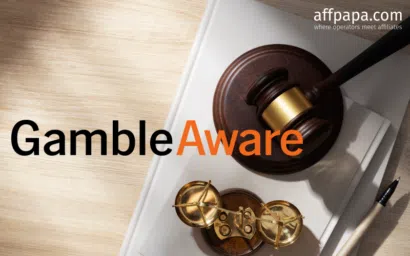LeoVegas considers appealing Swedish money laundering sanction

LeoVegas has revealed that it will be appealing a warning by the Swedish Gambling Authority (Spelinspektionen), who also issued the firm a fine worth SEK 2 million (or £171,734) for what the SGA has mentioned to be a frailty in the work to oppose money laundering.
The firm has noted that it was told that it had breached various customer due diligence routines during the first year in which the market had been regulated. The authority has said that the size of this sanction is based upon the Act for money laundering, which is different than a large portion of its decisions as they are mostly based on the Gambling Act.
The Swedish authority expanded on the decision saying:
“The Money Laundering Act places high demands on the gaming companies that are licensed under the Gaming Act. Gambling companies must counteract the use of the business to launder money or finance terrorism. The law is based on a risk-based approach, which means that licensees must take measures that are in proportion to the risks to which they are exposed.
“LeoVegas has failed in its work on customer knowledge and risk classification of customers, and it has failed in the documentation for what measures have been taken. This has entailed significant risks that LeoVegas may have been used for money laundering and terrorist financing, which must be considered serious. The company therefore receives a warning and a penalty fee of SEK 2m.”
In a response to this sanction, LeoVegas revealed that it was looking into appealing this decision, as it said that according to this case, the Swedish Gambling Authority only looked into the firm’s routines back in 2019. LeoVegas currently operates the gogocasino.com and leovegas.com URLs in Sweden.
LeoVegas issued a statement saying:
“LeoVegas is continually developing its policies to ensure compliance, and had already, before today’s decision, changed and updated its customer due diligence routines. LeoVegas intends to appeal today’s decision in order to allow a court to review the matter and give the entire industry further guidance on how the current regulation is to be interpreted.”


